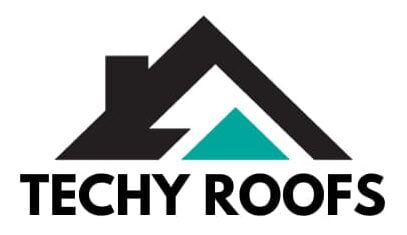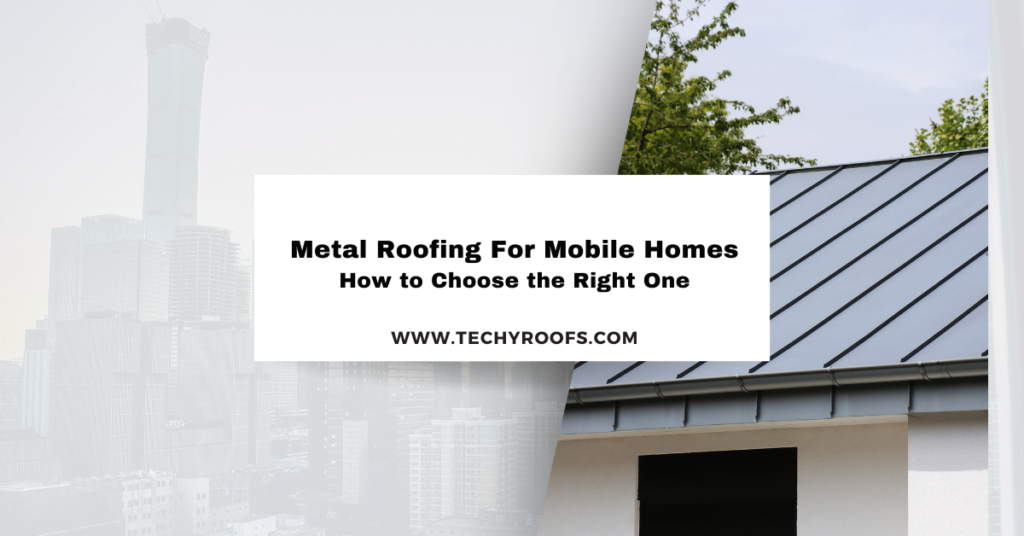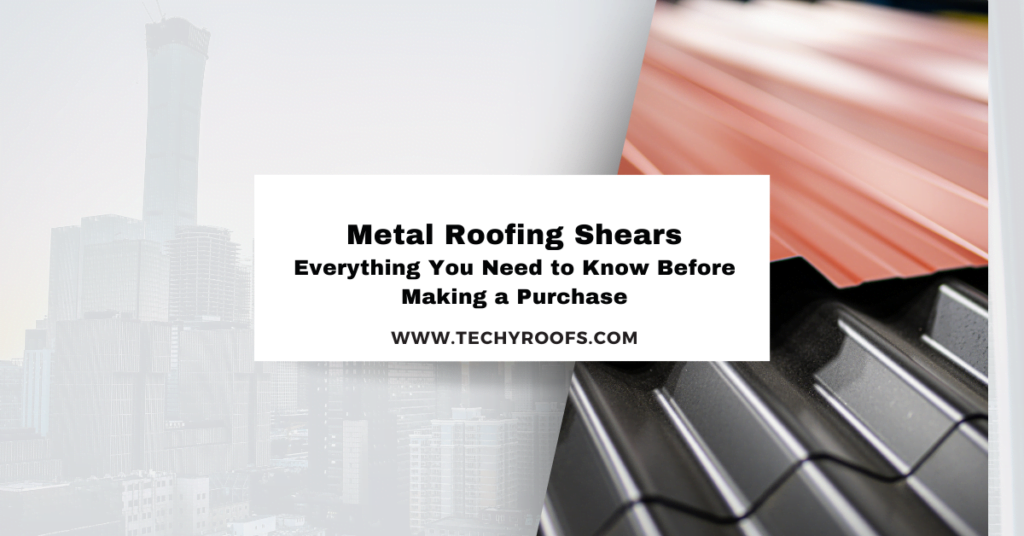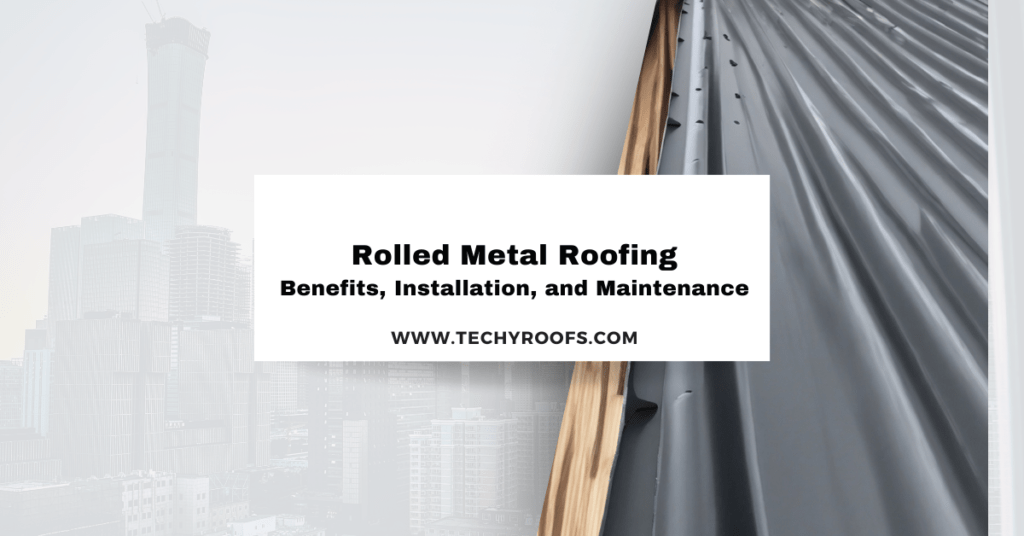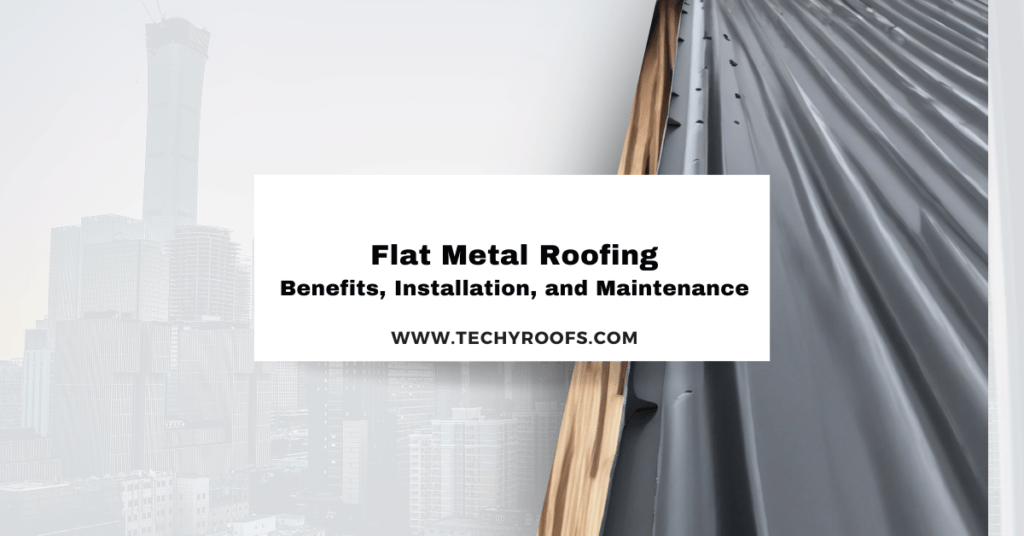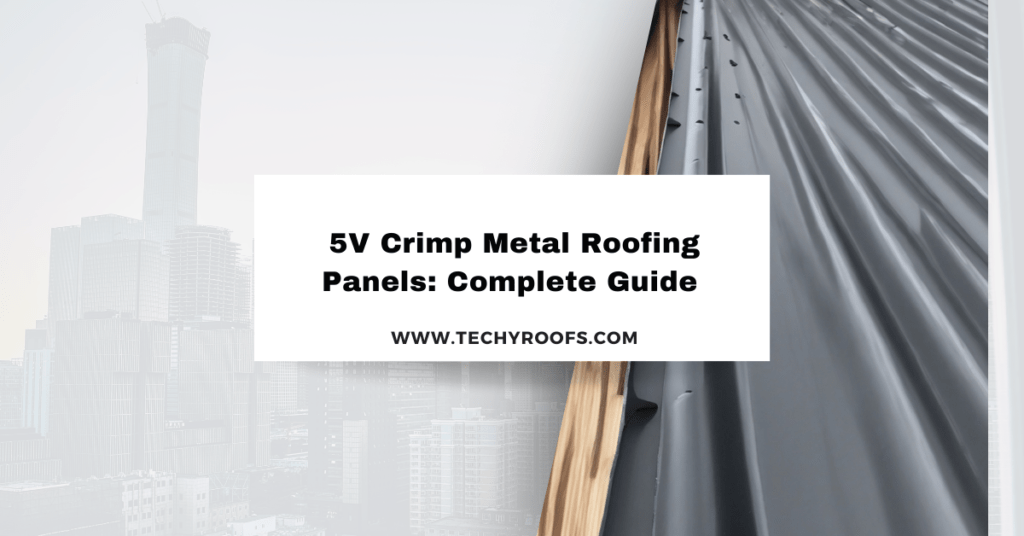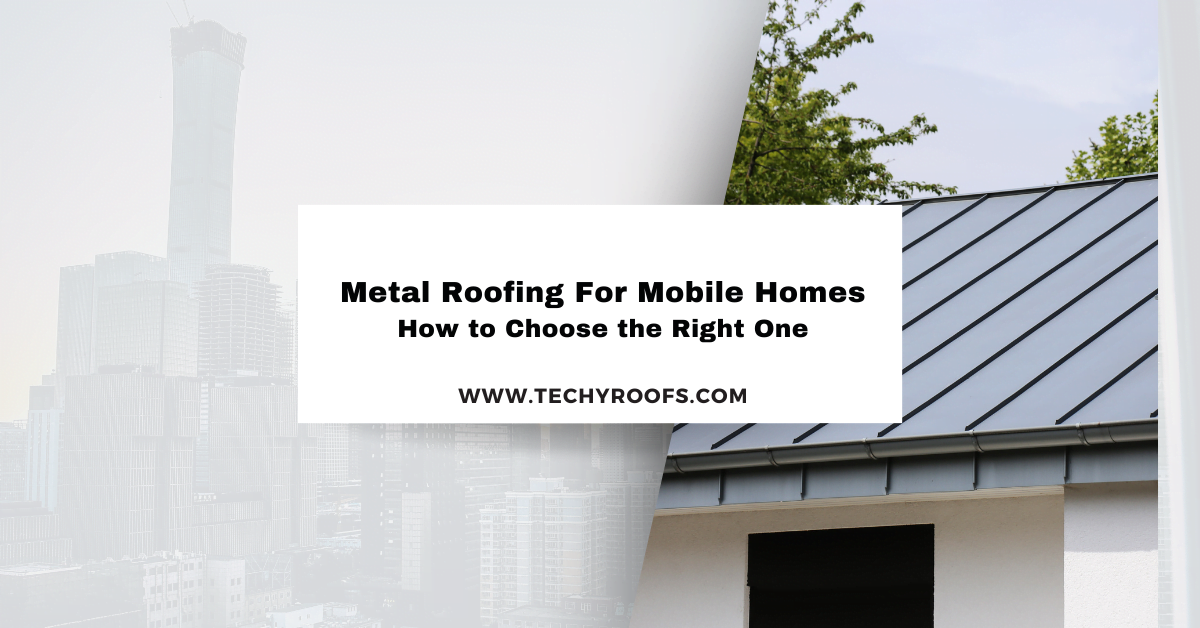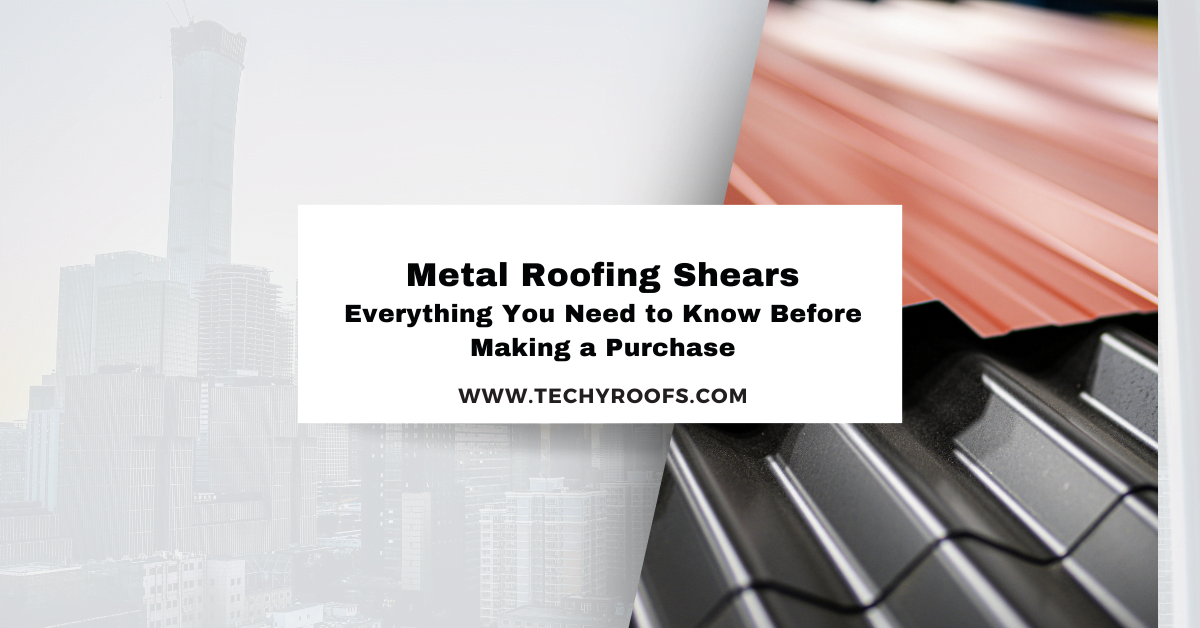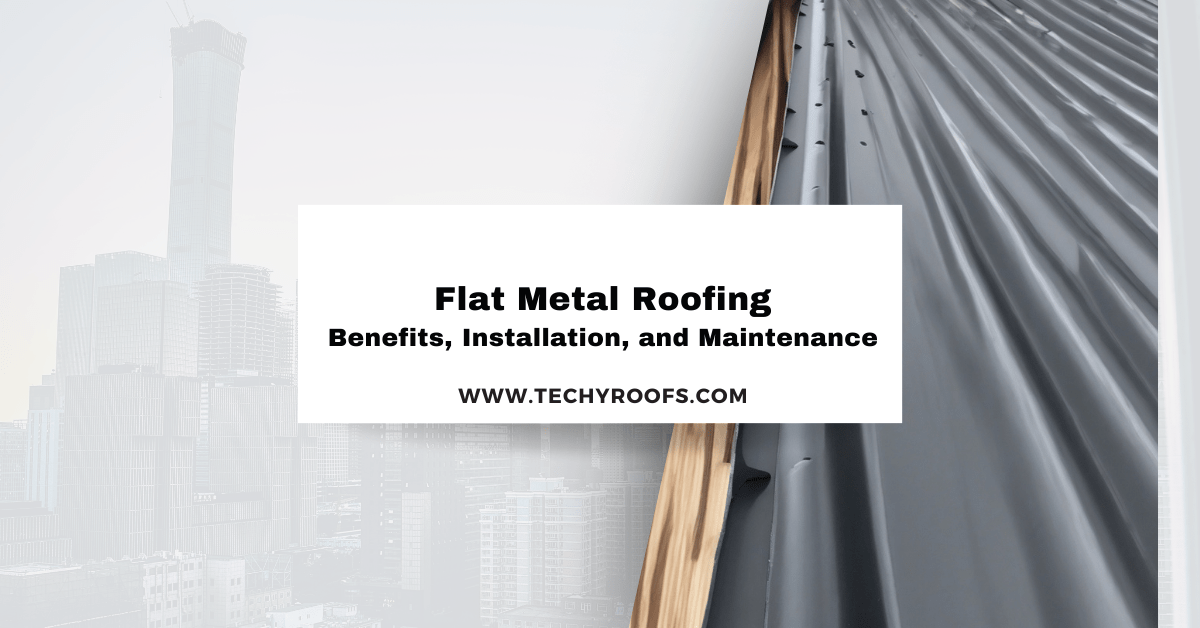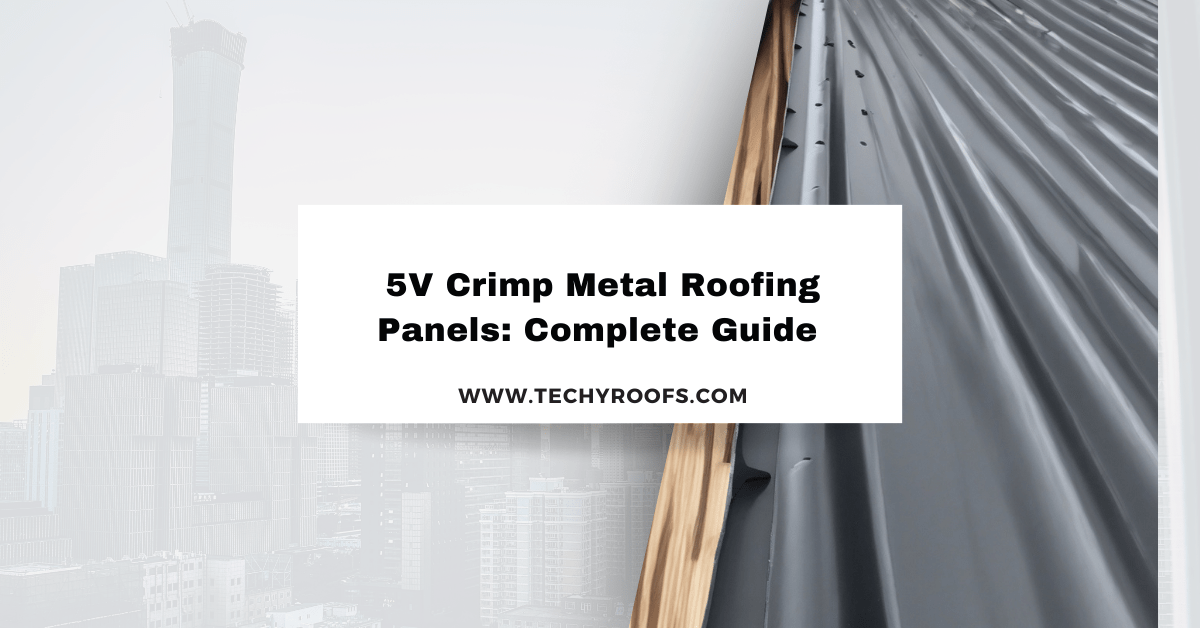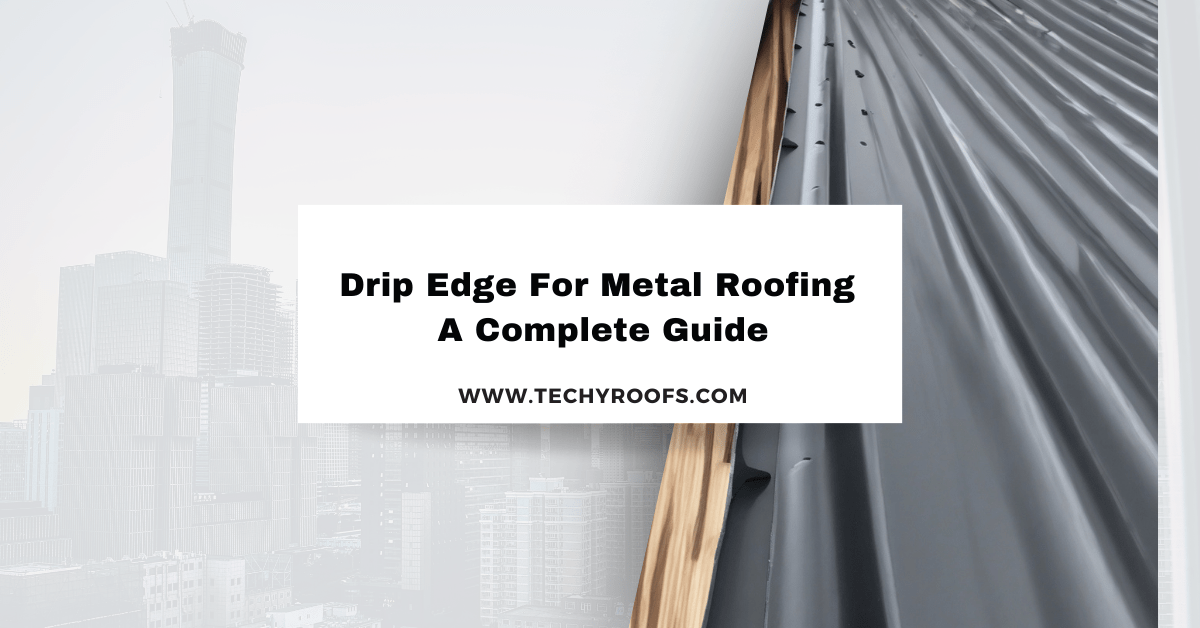Metal is a durable, long-lasting choice for roofing materials that provides appeal and utility. One of the available gauges, 26 gauge metal roofing, is popular with homeowners and builders alike. In this complete guide, we will explore everything you need to learn about 26 gauge metal roofing, including its features and advantages, installation concerns, and maintenance recommendations.
Table of Contents
ToggleUnderstanding Gauge in Metal Roofing
Before getting into specifics, it is necessary to understand what the term gauge means when it comes to metal roofing. The gauge is the metal sheet thickness installed on the roof’s top. The American system Gauge for metal roofing is usually 22 to 29, with those with smaller gauges being considered higher plates in numbers.
Read more about metal roofing color
Characteristics of 26 Gauge Metal Roofing
Therefore, 26-gauge metal roofing is a median gauge in the range, providing a moderate compromise between strength and affordability. Here are some key characteristics of 26-gauge metal roofing:
Thickness: 26-gauge metal roofing is approximately 0.0185 inches thick; hence, it is strong enough to withstand the elements without being too bulky.
Durability: The slender look of the profile is one of the benefits of 26-gauge metal roofing compared to modest gauge alternatives, yet still, it is greatly competitive concerning longevity and resistance to corrosion, rust, and impact damage.
Weight: While lighter than lower gauge options, 26-gauge metal roofing provides a product of significant weight and structural strength, hence suitable for both residential and commercial applications.
Versatility: Standing seam and other profiles are the kinds of this metal roofing gauge. Corrugated and ribbed patterns are easy to customize according to the aesthetic taste in design.
Cost-effectiveness: 26 gauge metal roofing is an in-between of a costly and a poor quality alternative; thus, it is an option for many homeowners and builders on a budget.
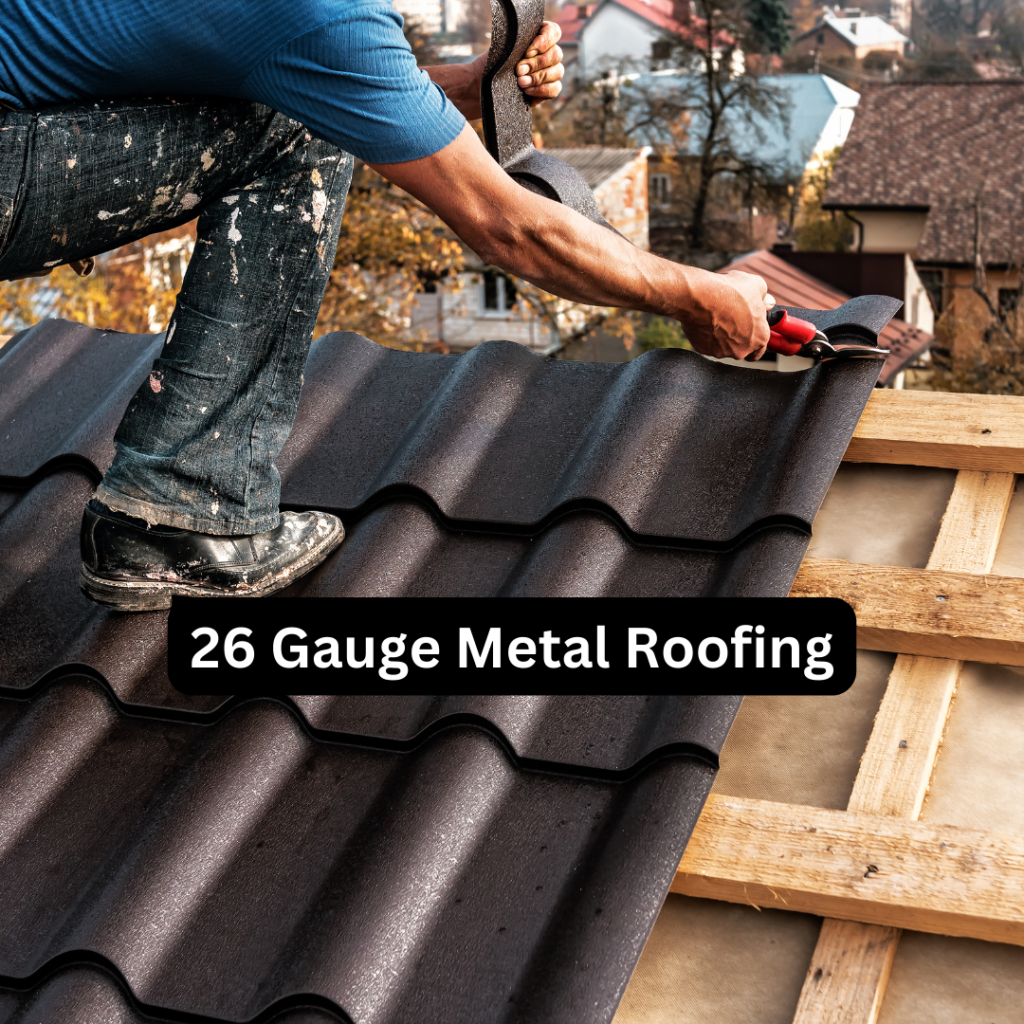
Benefits of 26 Gauge Metal Roofing
Choosing 26 gauge metal roofing offers numerous benefits for homeowners and builders alike:
Longevity: Metal roofing is one of the longest-lived roofing materials, including 26 gauge options, usually lasting 50 years or more with correct care.
Weather Resistance: 26 gauge metal roofing has a strong structure to protect your home from lethal weather components such as intensive rains, hail, wind, and heavy snow.
Energy Efficiency: Metal roofing reflects solar heat, so less heat is absorbed into the roof cooling costs in the building’s interior during the hot summer months.
Eco-Friendly: Metal roofing is a very recyclable material. Compared to the traditional, mainly thrown away, that one finds in landfills; metal roofing is an environmentally sustainable choice.
Increased Property Value: The property’s exterior appeal, curb appeal, and value due to its stylish appearance and long-lasting performance
Installation Considerations
Proper installment is very important for retaining the performance and durability of 26-gage metal roofing. Here are some key considerations include:
Hire a professional: Mostly, the substrate is a plywood or oriented-strand board (OSB). Still, the two materials can also be combined and need to be particle-free, well-dried, and in good condition before the metal roofing panels are fixed.
Substrate Preparation: The substrate, which is generally made from plywood or oriented strand board (OSB), substructures must be clean, dry, and in good condition before placing the metal roofing panels.
Fastening Methods: The fastening of panels is done either by screws or clips, depending on the roofing profile. Right gaps and location are important to prevent leaks and ensure the structure’s integrity.
Flashing and Sealants: Flashing and Sealants: Proper flashings of the roof penetration, such as chimneys and vents, with durable and watertight sealants.
Maintenance Tips for 26 Gauge Metal Roofing
While metal roofing is low maintenance compared to other roofing materials, regular upkeep is
still necessary to prolong its lifespan and provide optimal performance.
Inspect Regularly: You will also be required to perform visual checks of the rooftop surface, including dents, scratches, or loosened fasteners.
Clear Debris: Be sure to clean the roof surface of leaves, twigs, and any other debris regularly to prevent any moisture from happening, which may destroy the metal roofing wool.
Clean as Needed: In intervals, clean the roof surface with a mild mixture of water and delicate detergent to wash out dirt, molds, or algae buildup. Never use abrasive cleaners and tools, such as steel wool, which can cause scratches to the surface.
Trim Overhanging Branches: The tree branches that hang over the roof should be pruned to balance off the risk of falling branches and the cleaning of leaves and twigs.
Design Options and Aesthetic Appeal
The versatility of the design and aesthetic appeal is one of the benefits of 26 gauge metal roofing. Whether you prefer a traditional or modern look, there are numerous options available to complement your home’s style: Whether you choose a conventional or contemporary look, there are multiple options available to complement your home’s style:
Standing Seam: This widely used profile comes with embossed ribs running vertically on the roof, giving it a modern and sleek look. Standing seam panels are installed using concealed fasteners for a seamless and smooth appearance.
Corrugated: The unique wavy pattern represents the typical feature of corrugated metal roofing, making the roof surface textured and exciting. It is usually selected for its rural character and applicability to agricultural or industrial structures.
Ribbed: Ribbed metal panels have raised ribs and grooves, adding more strength and rigidity to the roof and creating hidden lines when one looks at the roof. Ribbed profiles are available in various widths and configurations to meet different architectural styles.
Color Options: This comes in many colors and looks, making your roof an integrated part of your home’s outside color, whether classic neutrals or bright and bold and all have a color choice.
Sound and Insulation Properties
Unlike the myths about the noise associated with metal roofing, it can provide excellent sound insulation when correctly underlaid and insulated. Furthermore, for 26-gauge metal roofing, the fact that the gauge of the metal took into consideration how heavy it is helps minimize the noise from the rain, hail, and other external sources as it will do that to some other roofing materials.
Fire Resistance
An inherent property of the metal roofing makes it un-flammable, and the homeowners delightedly remain safe from the likelihood of a fire. For places inclined or have more severe fire codes, 26 gauge metal roof covers are more frequently recommended because of their extensive fire resistance features.
Warranty Coverage
Most 26 gauge metal roofing manufacturers include an extended warranty (covering material defects and performance issues for a designated period, usually between 20 and 50 years or more) as part of their package.
You must pay close attention to the warranty terms and conditions and meet the installation requirements. It helps you to keep the warranty intact.
Cost Considerations
Although a 26 gauge steel profile is usually less costly than these lower gauge alternatives, the installation cost has to be considered, including the material cost, labor, and additional components like underlayment and flashing. Metal roofing may have a one-time initial cost higher than asphalt shingles.
However, the life cycle longevity of the metal roof, alongside the long-term energy and maintenance cost savings, usually justifies the initial investment.
Conclusion
26 gauge metal roofing provides a perfect combination of sturdiness, flexibility, and beauty, which is a convenient decision for residential and commercial use. This roofing material ensures its owners will not have to worry about its durability, weather resistance, and long-term performance, which delivers value for their investment. If you’re constructing a new house or improving an existing one, consider the advantages of 26-gauge metal roofing as a tough, low-maintenance, and attractive roofing system.
FAQS
How long will a 26 gauge metal roof last?
A 26-gauge metal roof’s thicker material won’t corrode or rust readily. These metal building ideas can quickly shed ice and snow and resist more than 14 mph winds. A 26-gauge metal roof can last for more than fifty years
How thick is gauge 26 roofing sheet?
It is 0.0179 inch in Thickness
